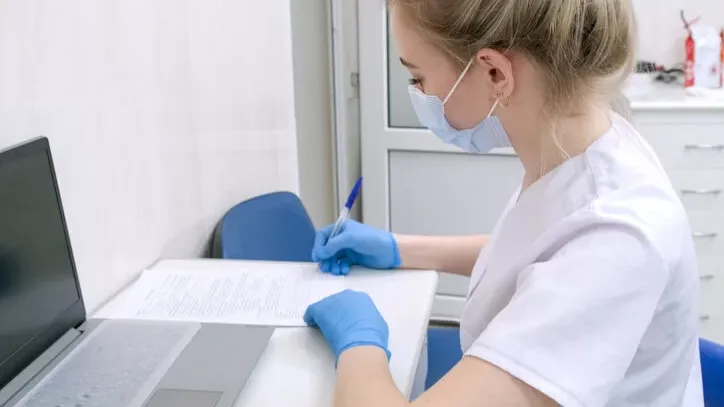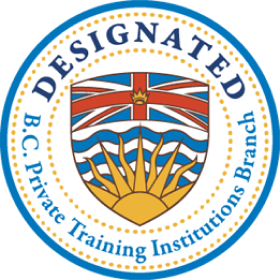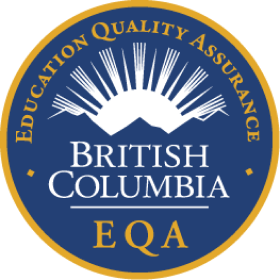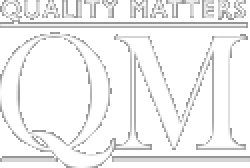GET MORE INFO NOW!!!
Start your journey towards a new career today by requesting program details.
 Financial Assistance
Financial Assistance
 Career Options
Career Options Start Dates
Start Dates Job Opportunities
Job Opportunities

Assessment
Is Career Training Right For You? Find Out!
Posted by AOLCC | 31st January 2023

Medical Office Assistants (MOAs) play a vital role in healthcare by providing administrative and clinical support to doctors, nurses, and other medical staff in traditional hospitals and group care homes. They are responsible for maintaining patient records, scheduling appointments, and handling various other tasks that help keep medical offices running smoothly.
To become an MOA, one must have a combination of technical and interpersonal skills. Our Medical Office Assistant Program provides students with comprehensive training in the skills needed to succeed in this field. In this blog, we will discuss three of the key skills you will develop in our medical office assistant program.
MOAs are responsible for a wide range of administrative and technical tasks that help keep medical offices running smoothly. Our medical office assistant program provides training in using various software programs needed for optimum efficiency in the role and industry. Additionally, students will learn how to effectively manage patient records, administer standard first aid, schedule appointments, and handle other administrative tasks.

MOAs must be able to understand anatomy and use medical terminology to communicate effectively with patients and other medical staff. In our program, students will learn the structure and function of the human body, as well as the medical terms and abbreviations used in the healthcare industry. This knowledge is essential for scheduling appointments, maintaining patient records, and communicating with other medical staff.
Students attending healthcare school in BC will gain a full range of computer and office skills. In our program, students will learn how to use various computer programs and systems, such as Microsoft Office Suite, which includes Word, Excel, and Outlook. These programs are essential for creating and editing documents, spreadsheets, and presentations. Additionally, students will learn basic bookkeeping and keyboarding skills and also master the practical applications of the full range of computer and office skills learned.

With the ability to use these programs, students will be able to perform their tasks more efficiently and effectively, from maintaining and organizing electronic records to creating and sending professional-looking emails. Furthermore, students will be able to use these computer skills in various settings, such as creating financial reports, scheduling appointments, and managing inventory. This would enable the MOA to work more productively, with fewer errors and in a timely manner.
In addition to technical and administrative skills, personal and professional development skills are also essential for success as a medical office assistant. In our program, students will learn how to develop and maintain a professional attitude, appearance, and work ethic. They will learn how to set and achieve personal and professional goals, how to manage stress, and how to maintain a positive attitude even in difficult situations. They will also learn how to use constructive feedback to improve their performance, how to work independently and as part of a team, and how to adapt to changing situations.
Additionally, our program will provide students with opportunities to network with professionals in the field, attend workshops and seminars to stay up-to-date with the latest trends, and gain hands-on experience through internships. These activities will help students to build their professional networks and develop the skills needed to be successful in the healthcare industry.
Do you want to study healthcare in BC?
Contact AOLCC BC to get started today!
Start your journey towards a new career today by requesting program details.
This fun, online quiz takes 3 minutes to complete and you’ll get a personalized report. Identify your strengths and social style plus the training and positions you’re best suited for.Get Your Career Training Readiness Score Now

B.C. Private Training
Institutions Branch

B.C.
Education
Quality Assurance
699 Victoria Street
Kamloops, BC V2C 2B3
Phone: (250) 372-5429
Fax: (250) 372-5462
#204-347 Leon Avenue
Kelowna, BC V1Y 8L7
Phone: (250) 868-3688
Fax: (250) 868-3511
1551 Estevan Rd #7,
Nanaimo, BC V9S 3Y3
Phone: (250) 753-4220
Fax: (250) 753-4295
#200-754 Goldstream Ave.
Victoria, BC V9B 5T2
Phone: 250-391-6020
Fax: (250) 391-6021

